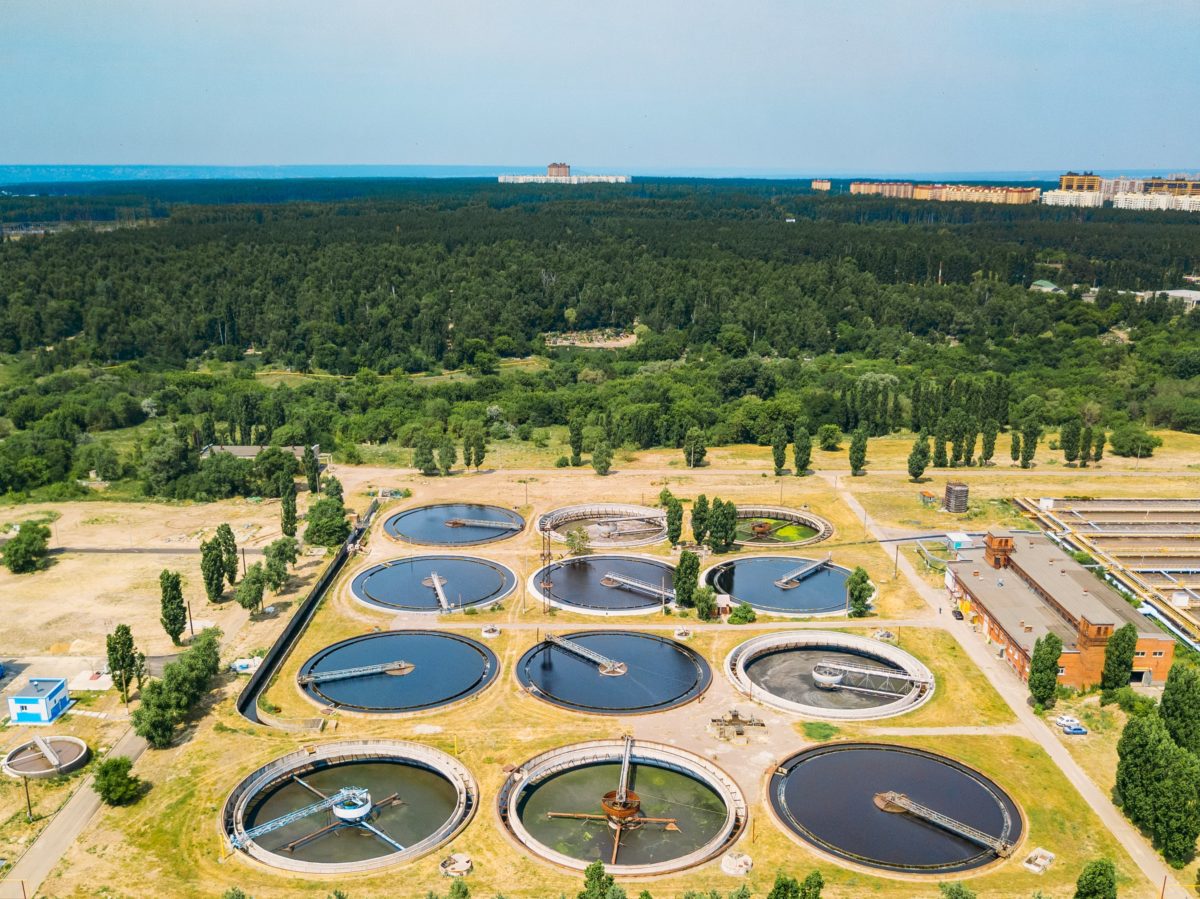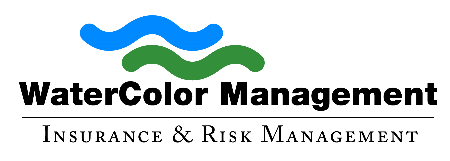
Workers who handle human waste or sewage may be at increased risk of becoming ill from waterborne diseases. To reduce the risk of worksite infection and protect against illness, such as diarrhea or skin infections, wastewater treatment workers should follow specific guidelines.
What Are the Risks of Worksite Infections for Sewage Employees?
Sewer plant employees already work in harsh conditions and have to handle unique workloads. But adding in worksite infection exposures adds a layer of liability and risk for them and the companies they work for.
To better understand how to mitigate the risk of infection, it helps to know what kinds of risks they face.
- Gastroenteritis: Germs in sewage can cause gastroenteritis with symptoms of vomiting, diarrhea, and nausea.
- Skin Infections: Germs in sewage can end up causing skin infections if they get into a cut, abrasion, or another break in the skin.
- Hepatitis A: The incidence of Hepatitis A is low, but those who work with untreated sewage may be at increased risk if the disease is circulating in the nearby community. This risk is preventable by vaccination, which we’ll discuss below.
- Leptospirosis: This is caused by bacteria shed in the urine of infected animals, particularly pigs, rodents, and cattle. Infection occurs when the bacteria gets into a cut or other broken skin or in the eyes, mouth, and nose. Leptospirosis can cause flu-like symptoms, which can progress to severe disease.
How to Limit Worksite Infection for Sewage Employees
While the above risks are dangerous to someone’s health, they are also preventable with proactive measures. Here’s how to achieve this:
- Vaccination: Workers who have regular contact with untreated sewage should be vaccinated against hepatitis A and have a current tetanus vaccination. A combined hepatitis A and hepatitis B vaccine is available for sewage workers who regularly contact sewage debris such as used syringes and needles.
- Keeping a Clean Workplace: Sewage employees should clean contaminated surfaces and equipment with clean water and detergent to limit exposure and spreading of germs. Also, it helps to disinfect heavily contaminated surfaces and equipment after cleaning. Disinfectants require minimum contact time to be effective. They may not work properly in the presence of sewage, so it’s important to clean surfaces before applying a disinfectant.
- Personal Hygiene: Workers should also adopt personal hygiene practices to limit exposure to worksite infections. This includes:
- Washing hands thoroughly with soap and water before eating, drinking, and smoking, after contact with sewage and contaminated equipment, and after removing personal protective equipment (PPE).
- Checking skin before starting work and cover any cuts and other broken skin with a clean, dry dressing.
-
- Avoiding touching the face with contaminated hands or gloves and don’t eat, drink, or smoke when working with sewage.
- Personal Protective Equipment: PPE includes protective clothing, gloves, protective footwear, and safety eyewear. Sewage employees should wear properly fitting particulate respirators if they are exposed to sewage aerosols and biosolid dust.
While these measures can limit exposure to worksite infection among sewage employees, wastewater treatment plants do have to face the fact that there will still be exposures that seep through. While making sure employees who are exposed to such risks are taken care of medically, wastewater treatment plants need to make sure they are operating with the most up-to-date Wastewater Treatment Coverage to minimize legal and financial risks.
Wastewater Treatment Coverage is a comprehensive insurance package that provides general liability benefits to plants. Operating with this insurance provides peace of mind and adequate medical and legal protection when claims arise related to worksite infection exposure.
About Watercolor Management
WaterColor Management has insured the water industry for over 30 years. Our policies include unlimited defense cost coverage in the event of a lawsuit against you. Call us at (256) 260-0412 or email info@watercolormanagement.com for a quick quote for your Water Business Professional, Products/Completed operations, Pollution and General Liability Insurance.




